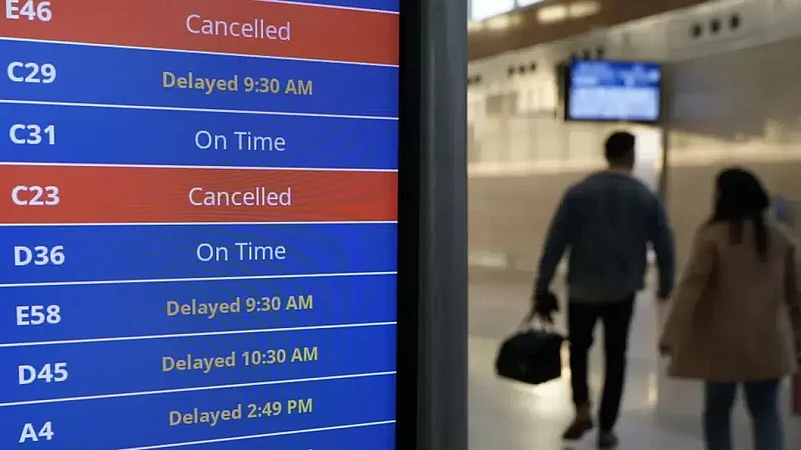Airline executives caution that the recent regulations by India's aviation regulator regarding pilot rest and duty periods may result in flight cancellations and increased industry expenses, ultimately leading to higher airfares.
There are heightened concerns over the Directorate General of Civil Aviation (DGCA)'s upcoming regulations, as per a report by the Economic Times. Compliance will either require airlines to bolster their pilot workforce by 20 per cent within three months or reduce flights to adhere to the stipulated rules. While emphasizing the shared commitment to aviation safety, an industry leader argued that the new rules are overly restrictive and could prove disruptive, deeming it practically unfeasible to significantly increase the number of pilots within the given timeframe.
The updated regulations redefine the night period, stretching it by an additional hour, now spanning from 12 am to 6 am instead of the previous 12 am to 5 am. Furthermore, if a pilot's reporting time falls within the night period, the duty period is now restricted to 10 hours, down from the previous 13 hours.
The regulations now limit the number of landings a pilot can perform to two, which was previously unlimited. The DGCA has also reduced the allowable duration for airlines to exceed limits due to unforeseen circumstances, such as adverse weather or air traffic delays, from three hours to two, as per the report.
The new regulations, which pilots have welcomed after advocating for stricter DGCA rules on flight times, pose challenges for airlines as they grapple with the necessary adjustments. To adhere to the regulations starting June 1, airlines must hire, train, and ensure pilots accumulate specified hours as first officers before progressing to captains. These preparations, including training and duty scheme approval, must be completed by May.




























